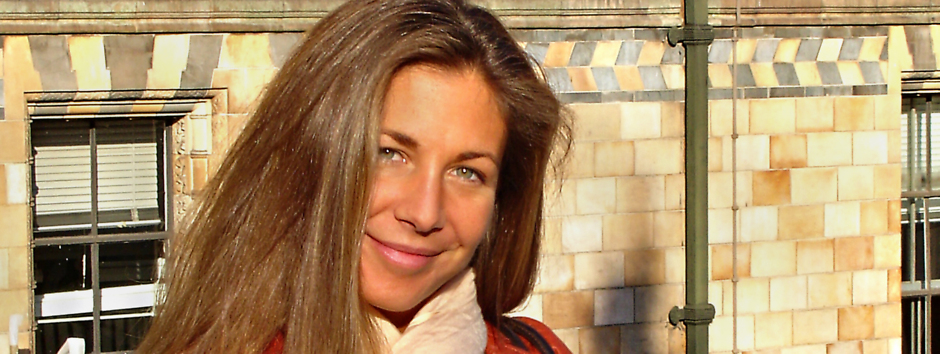iPad Insomnia: The Study My Bride’s Been Anticipating
“I wish you wouldn’t take your iPad to bed.”
“My dear, we’ve been through this before…”
“It’s not good to watch a backlit screen before bed. You’re not going to be able to fall asleep.”
“Except it doesn’t seem to bother me. Remember?”
Unless waking up early the following morning is the symptom, I don’t suffer from “iPad insomnia”. I read on my iPad. I turn off the light. I go to sleep. And usually I sleep solidly for 4-6 hours and wake up, ready to start a new day. Except when I’m super tired. Or sick. In other words, empirical evidence would suggest that I’m not susceptible to iPad insomnia. Unless it accounts for a lower-than-average sleep appetite.
A year or two ago I wouldn’t have believed that my pre-sleep reading preference would ever be an electronic gadget. Today, I honestly prefer my iPad before bed to most anything else. I love books, I mean, really love books, but my tired eyes love the iPad. And I can dim the screen or reverse the text so that the screen is black. Life is good.
And yet, it looks like the good folks down at Rensselaer Polytechnic Institute‘s Lighting Research Center agree with my bride that backlit screens can suppress melatonin.
RPI found that looking at a backlit screen, like those on iPads and other tablets, can lead to sleeplessness.
“Our study shows that a two-hour exposure to light from self-luminous electronic displays can suppress melatonin by about 22 percent,” said Mariana Figueiro, the lead researcher. “Stimulating the human circadian system to this level may affect sleep in those using the devices prior to bedtime.”
In the study, 13 subjects read, watched videos and played games on tablets with backlit displays for two hours. The subjects were equipped with devices to measure the light their eyes were receiving, and some wore goggles that filtered the light they saw. (latimes.com)
Aside from the itsy bitsy teeny weeny test group, it’s worth noting that the study was not limited to reading. Videos and interactive video games strike me as a much more likely to interrupt natural circadian rhythms. But videos and video games are not my daily nightcap, so I’m not terribly concerned. As for my Kindle Fire, my experience with pre-bed reading is similar to the iPad and ink-and-paper books. No experience reading the old school Kindles before bed, but I suspect they’d fall into the same group.
In short, iPad insomnia be damned! My melatonin loves the backlit screen.
Related articles
- Having Trouble Sleeping? Your Tablet or Smartphone Could Be to Blame (mashable.com)
- Insomnia? Your iPad Could Be The Culprit (cultofmac.com)
- Is your iPad keeping you up at night? (computerworld.co.nz)
- Light from Screens Delays Sleep (cryptogon.com)









